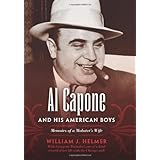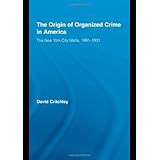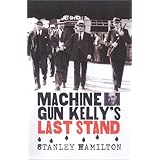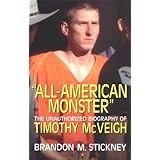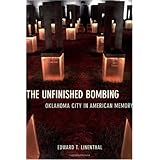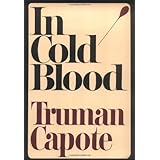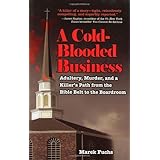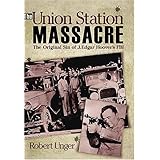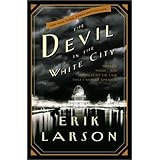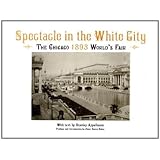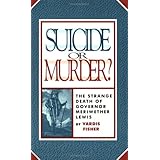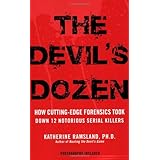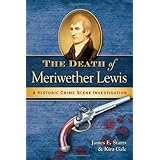
Average Reviews:

(More customer reviews)Are you looking to buy
The Death of Meriwether Lewis: A Historic Crime Scene Investigation? Here is the right place to find the great deals. we can offer
discounts of up to 90% on
The Death of Meriwether Lewis: A Historic Crime Scene Investigation. Check out the link below:
>> Click Here to See Compare Prices and Get the Best Offers
The Death of Meriwether Lewis: A Historic Crime Scene Investigation ReviewIn The Death of Meriwether Lewis, Kira Gale offers not only a new sourcebook on the continuing controversy surrounding the 1809 gunshot death of the great western explorer, but also electrifying evidence that some of the most well-known contemporary documents in the case may have been forged. Gale's evidence gives new credence and heft to the theory that Lewis's murder may have been ordered by the traitorous General James Wilkinson, the nation's highest ranking military officer, in order to keep Lewis from blowing the whistle on his machinations to invade Spanish territory.
The groundbreaking work on the death of Meriwether Lewis was done by Vardis Fisher in his Suicide or Murder? (1962 and still in print). Gale's book is the first since Fisher's to provide really new information in the case. Over half the book, some 200 pages, is a complete transcript of the 1996 coroner's inquest into Lewis's death held in Hohenwald, Tennessee near the Natchez Trace, where Lewis was found shot to death at a lonely inn on October 11, 1809. The inquest called over a dozen expert witnesses in fields ranging from psychology, gunshot wound analysis, and firearms and ballistics to forensic anthropology, document examination, and handwriting analysis. The purpose of the hearing was to build a public case for the people of Lewis County and the State of Tennessee to demonstrate why Lewis's body should be exhumed and examined to see if a cause of death could be determined. The publication of this complete transcript is a boon to Lewis & Clark scholars who can now read the complete testimony and determine for themselves the credibility or lack thereof of the evidence that was presented. To date, the National Park Service, which controls Lewis's gravesite, has turned down petitions from Lewis descendants and experts to open the grave and permit a forensic examination, but action is still pending on a new request submitted in early 2009.
Over fifty pages of the book are then devoted to transcripts of the surviving contemporary documents that form the basis of what little is known about Lewis's death. Because Lewis died alone in such a remote area, the lack of trustworthy testimony has always shrouded his death in mystery. While all of the transcripts and Gale's accompanying commentary on each are enlightening, the book's blockbuster is contained in the analysis of the statement of Captain Gilbert Russell, the commander of Fort Pickering (present-day Memphis), where Lewis stayed several weeks before his death. Through expert handwriting analysis, Gale demonstrates that there is ample reason to believe that Russell's most well-known and explicit statement on Lewis's suicide was a forgery engineered by James Wilkinson. Although such a finding does not prove that Lewis was murdered by Wilkinson or anyone else, it does more than call into question the legitimacy of the Russell account. It raises the question of why Wilkinson, known to history as a master of misdirection and the politics of personal destruction, would forge such an account and whether other Russell letters known to have been sent to William Clark but no longer in existence, were created by Wilkinson to throw Clark and Lewis's other friends off the trail of an assassination.
In the third section of the book, Gale builds her case against Wilkinson. Again, the case must by necessity be circumstantial, at least for now. What is known of Lewis's last days is almost entirely hearsay, much of it from very unreliable witnesses. Without solid forensic evidence or the discovery of additional documents hidden away in somebody's attic, it is impossible to make any determination of whether Lewis may have been murdered, much less who did it and why. One of Gale's major points is that in the past, historians have been all too quick to jump to the conclusion that Lewis committed suicide. I believe the evidence she presents here should at least give pause to anyone with an open mind on the subject.
Lewis's death has so many unknowns and touches on so many diverse areas of inquiry that, as this reviewer can attest, a study of the subject quickly becomes a "through the looking glass" experience, full of mirrors and rabbit holes. For that reason, The Death of Meriwether Lewis, like Vardis Fisher's book, has something of a sprawling, uneven feel. However, it is a fascinating read, and contains much material that is new and valuable. It is a must-have for researchers studying the death of Meriwether Lewis, and highly recommended to anyone interested in Lewis's last days or in historical mysteries.
Reviewer: Liz Clare, co-author of the historical novel To the Ends of the Earth: The Last Journey of Lewis and Clark.
The Death of Meriwether Lewis: A Historic Crime Scene Investigation OverviewWant to learn more information about
The Death of Meriwether Lewis: A Historic Crime Scene Investigation?
>> Click Here to See All Customer Reviews & Ratings Now

